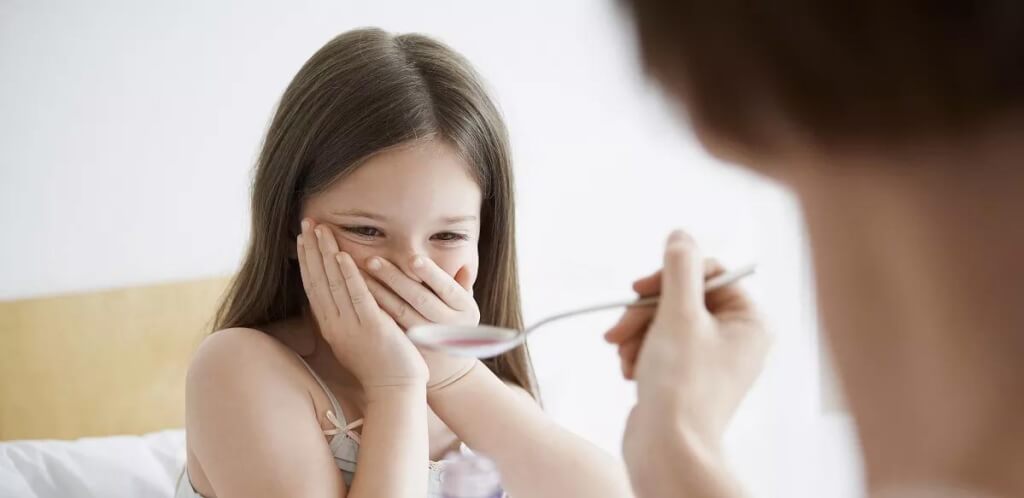Has your pharmacist been withholding free, over-the-counter medication from you for years?
With the recent social media hype surrounding the supposed revelation that your local community pharmacist has been withholding free Calpol and other medications from your family for years, it is time to dispel some of the myths around the Minor Ailment Scheme.
What is the Minor Ailment Scheme?
The Minor Ailment Scheme enables a pharmacist to diagnose and treat minor ailments for free from the pharmacy, without the need to see a GP. This means your pharmacist will be able to offer expert advice in a more timely manner, especially as pharmacies are often open longer than GP surgeries. If you are eligible and treatment for your minor ailment is covered, you can receive medicine free of charge.
Can I get free medication?
Patients who are exempt from NHS prescription charges are eligible for free medication.
Patients who are likely to be exempt from NHS prescription charges include those:
- Aged under 16
- Over 60
- Those who have a prescription prepayment certificate
Can I get free Calpol?
Pharmacies will offer the generic version of medicines when available. As Calpol is available as paracetamol liquid your pharmacist will likely offer you this medicine (which is medically equivalent to Calpol). The medicine is only free if you are eligible for the Minor Ailment Scheme and your pharmacy is enrolled.
Does my pharmacy offer the Minor Ailment Scheme?
Not every pharmacy offers this service, so you will need to check with your local pharmacy to see if they offer this service.
Why is the medicine free?
The Minor Ailment Scheme is designed to take some of the pressure off GPs by enabling local community pharmacists to offer expert advice and free treatment to some patients on the NHS. This frees up GP time and helps improve access for patients with more complex conditions. The scheme also helps save money for the NHS, as the cost of a GP consultation versus a pharmacist consultation is almost three times higher.
What medicines are free under the scheme?
The medication that is available will differ between pharmacies; however, the following is an example of what medicines may be available through the scheme:
Colds and Flu
- Paracetamol tablets
- Paracetamol liquid (Calpol)
- Ibuprofen
- Xylometazoline nasal drops (Otrivine brand)
- Saline nasal drops
- Menthol and eucalyptus inhalation
Cough
- Pholcodine linctus
- Simple linctus
- Ammonia and ipecacuanha mixture
Hayfever
- Chlorphenamine (Piriton)
- Loratidine tablets (Clarityn)
- Sodium cromoglycate eye drops (Opticrom drops)
- Beclomethasone nasal spray (Beconase nasal spray)
Diarrhoea & vomiting
- Loperamide capsules (Imodium)
- Oral re-hydration therapy (Dioralyte)
Migraine
- Sumatriptan (Imigran Recovery)
Athlete’s foot
- Miconazole cream (Daktarin cream)
- Clotrimazole solution (Canesten solution)
Head lice
- Suleo M lotion
- Derbac M solution
- Lyclear crème rinse
Vaginal thrush
- Clotrimazole (Canestan)
- Fluconazole capsule (Diflucan)
Contact dermatitis, bites and stings
- Hydrocortisone cream 1%
- E45 cream
Teething and mouth ulcers
- Bonjela
As long as the scheme is not over-used, the NHS should see long-term benefits and make significant savings.
